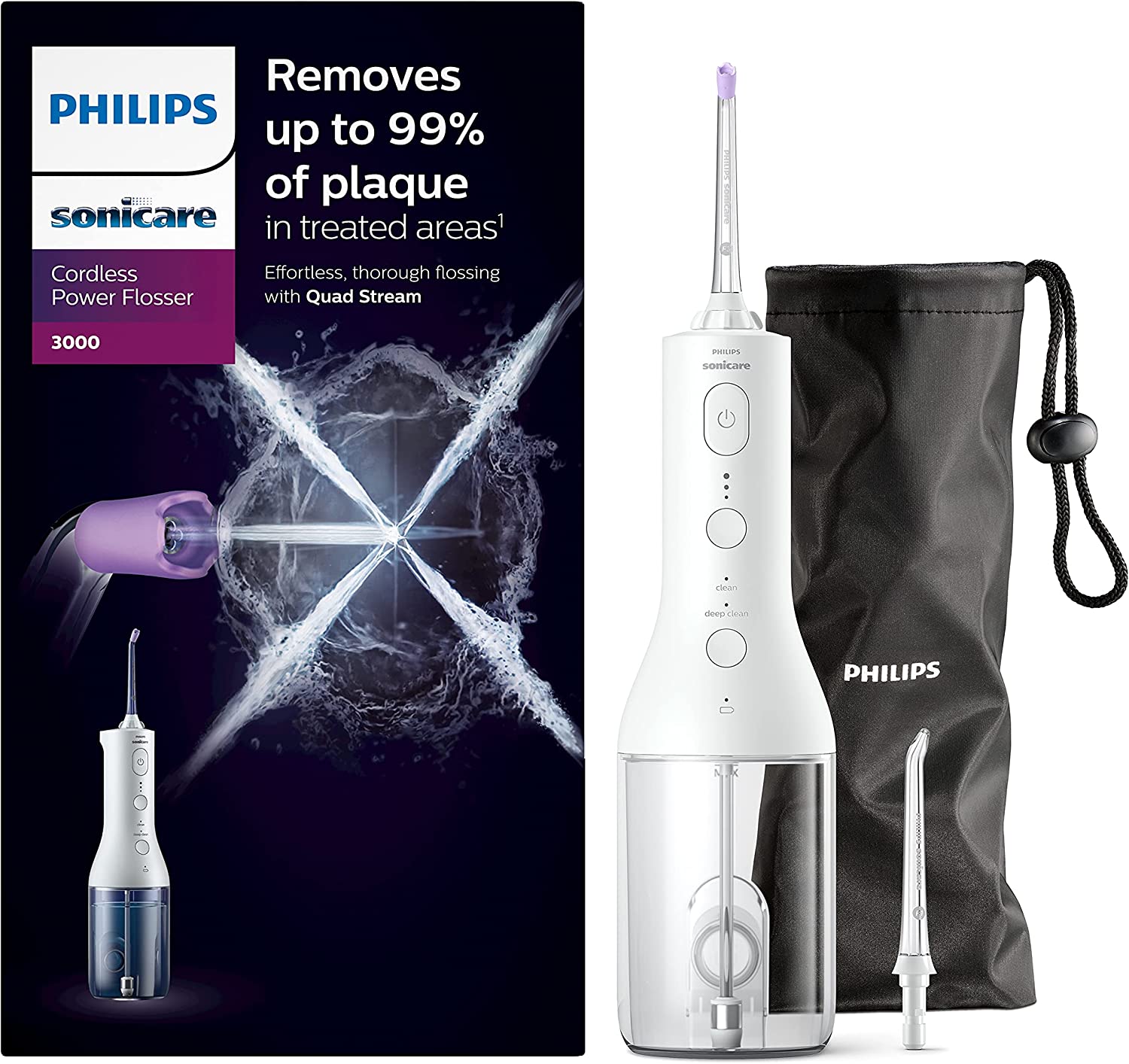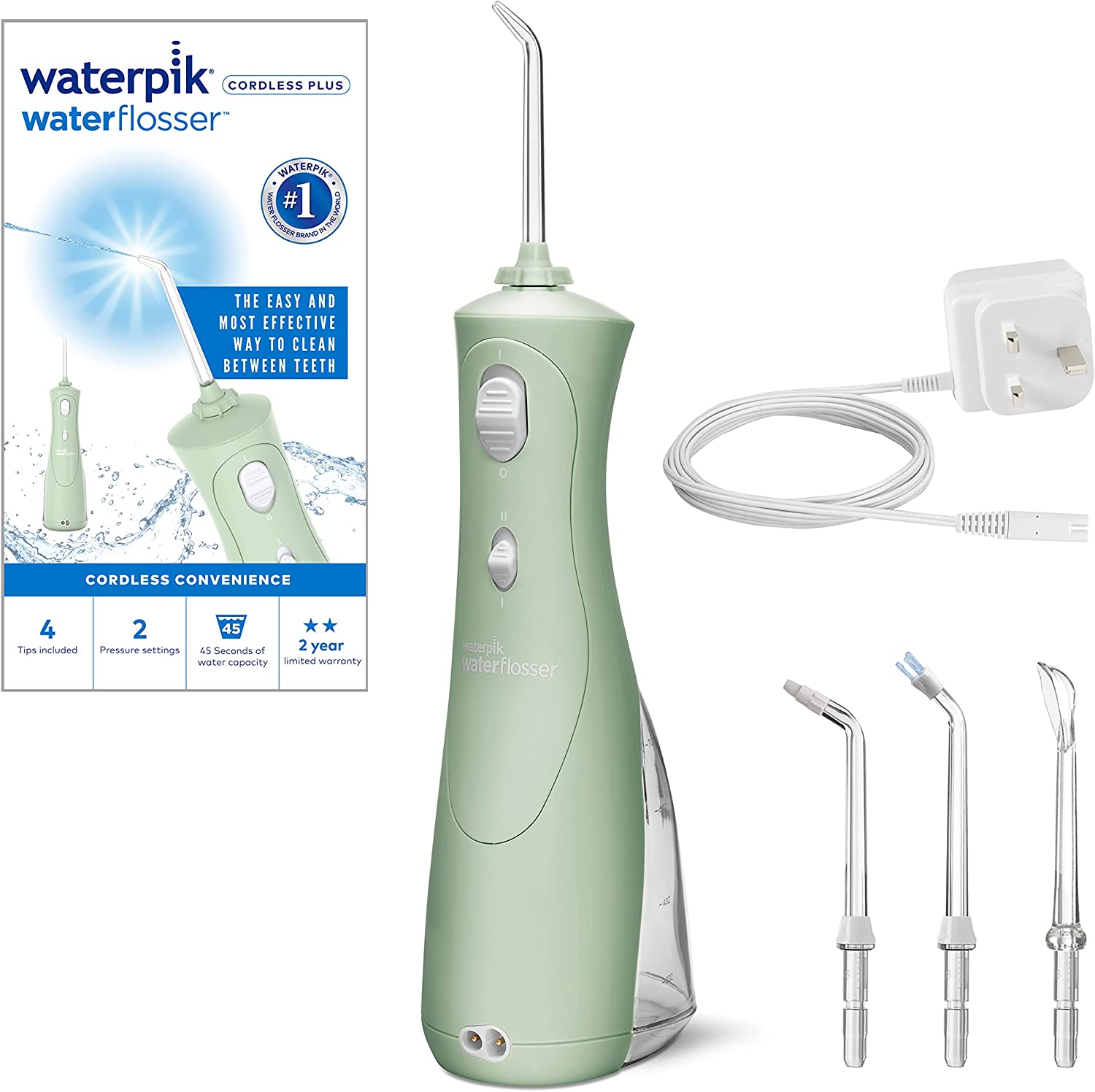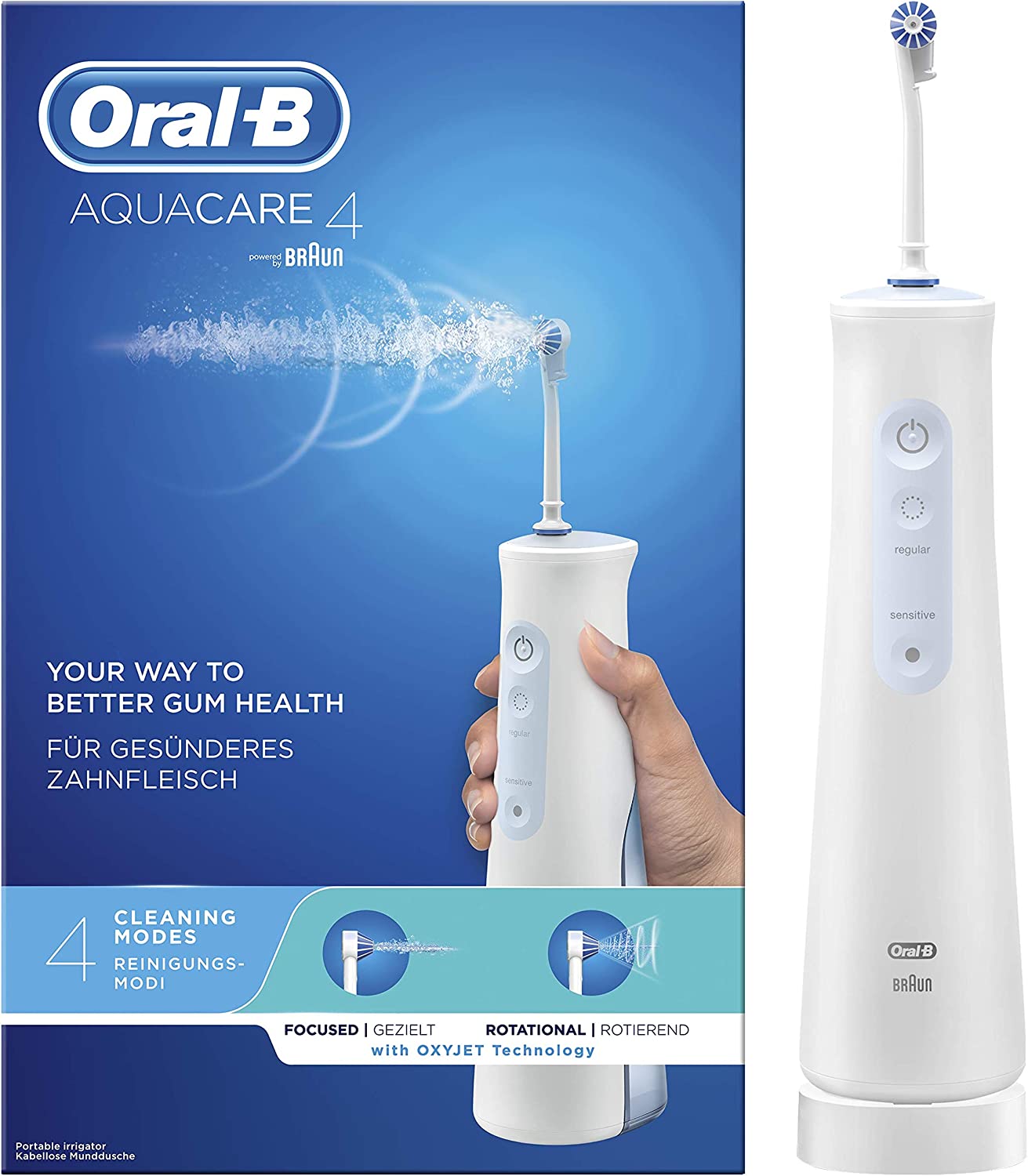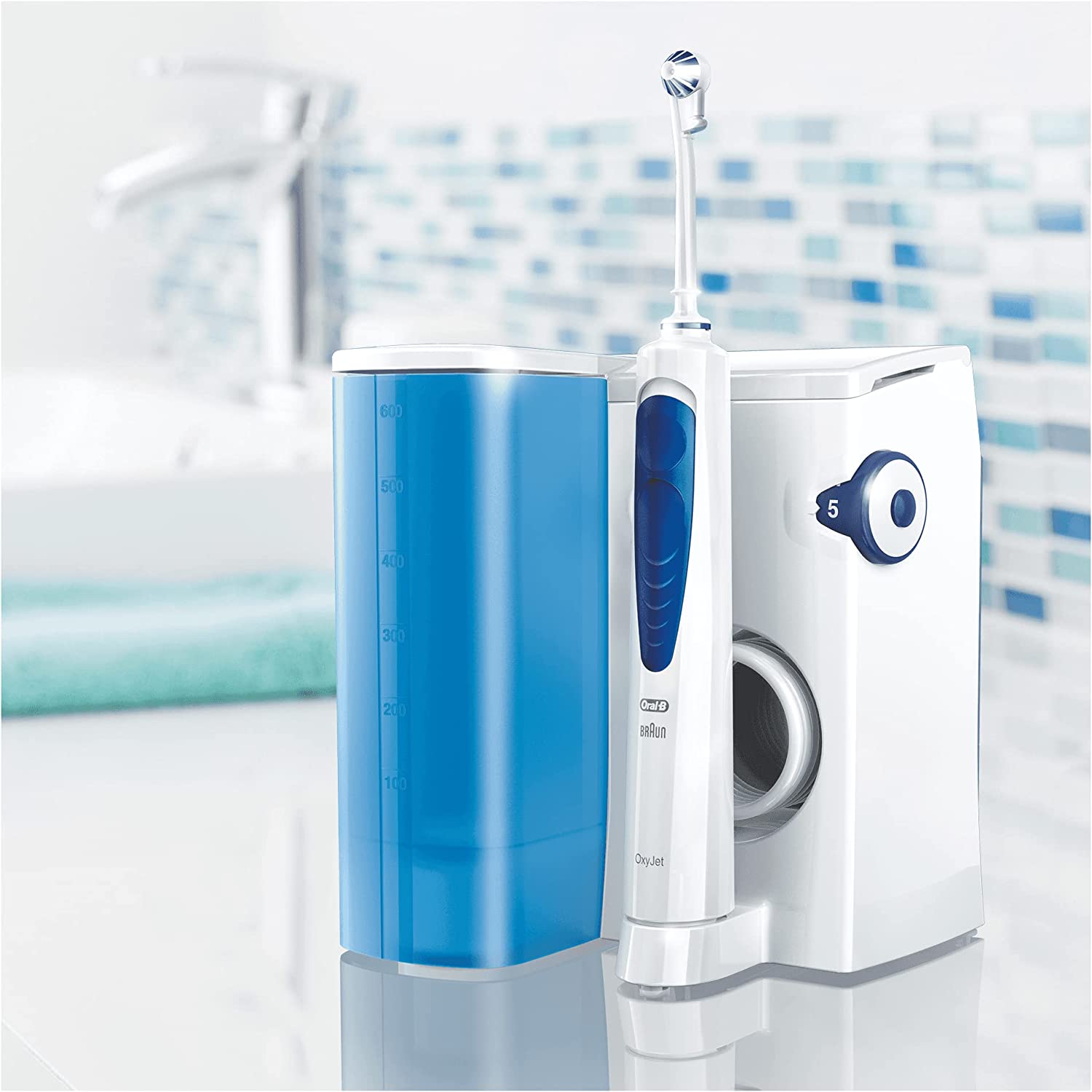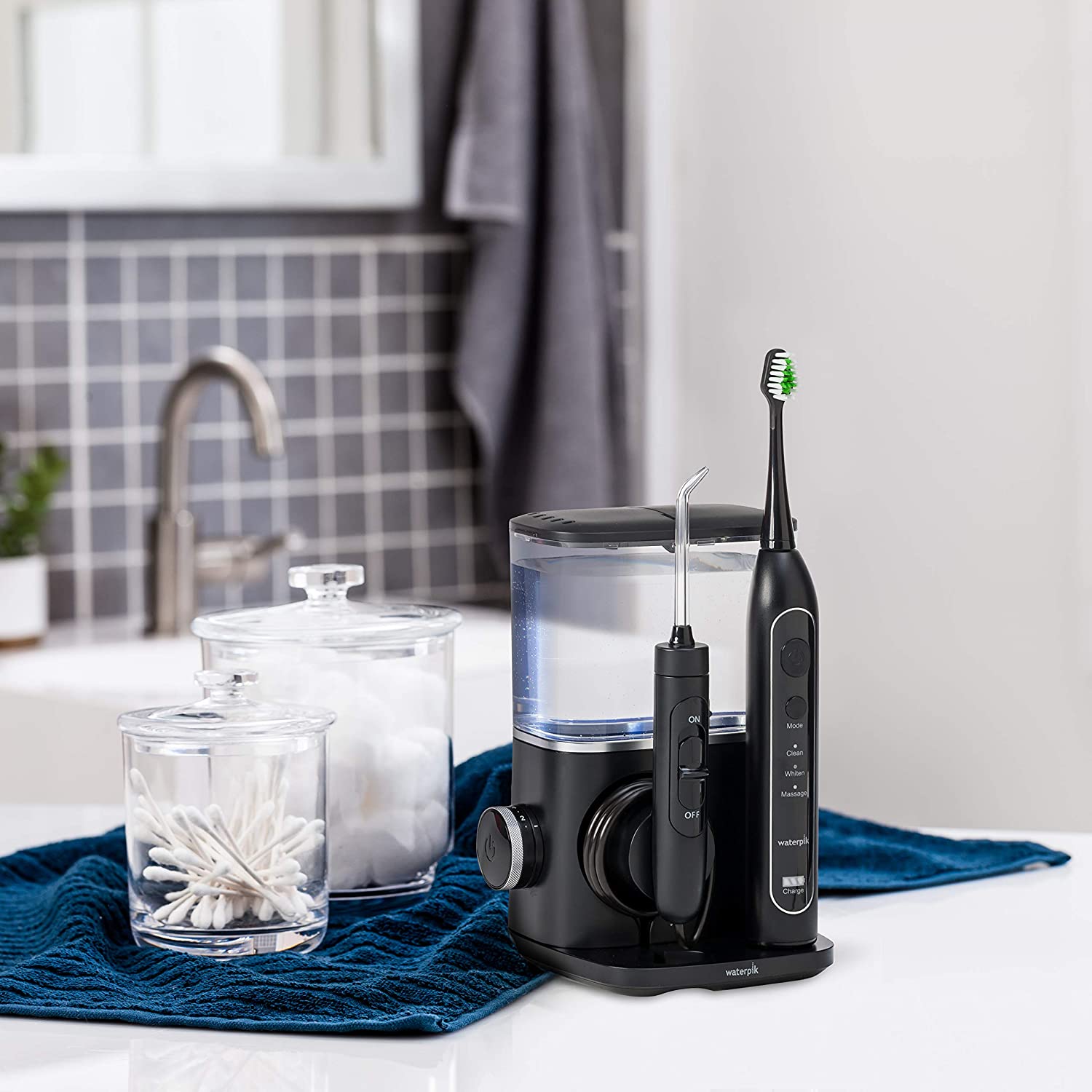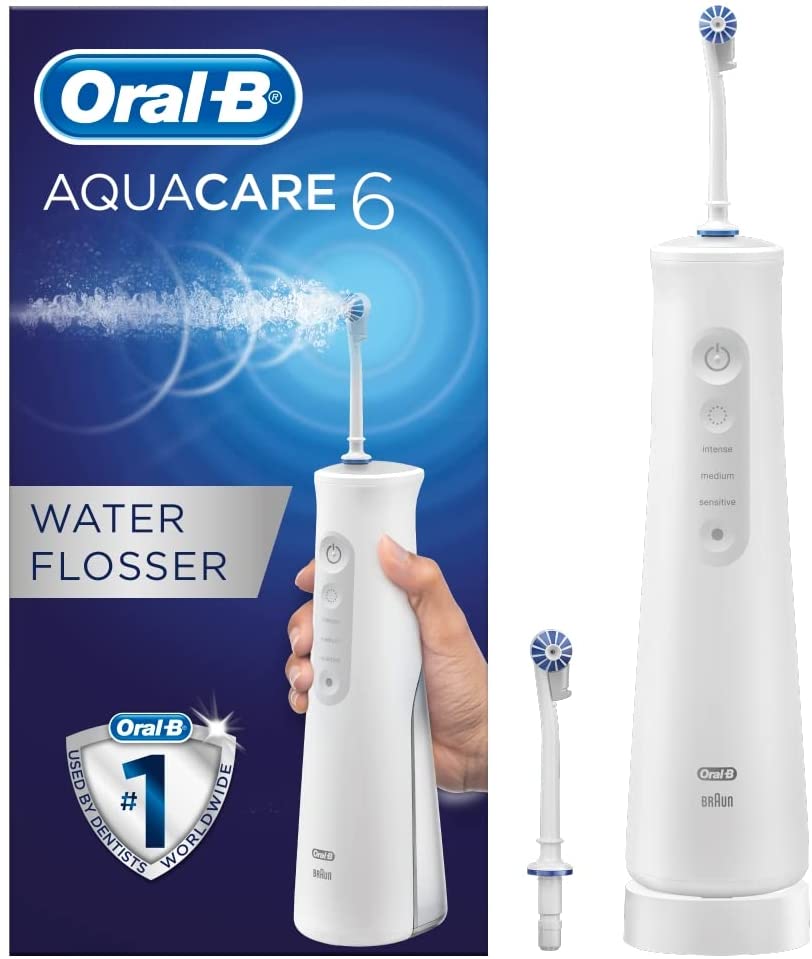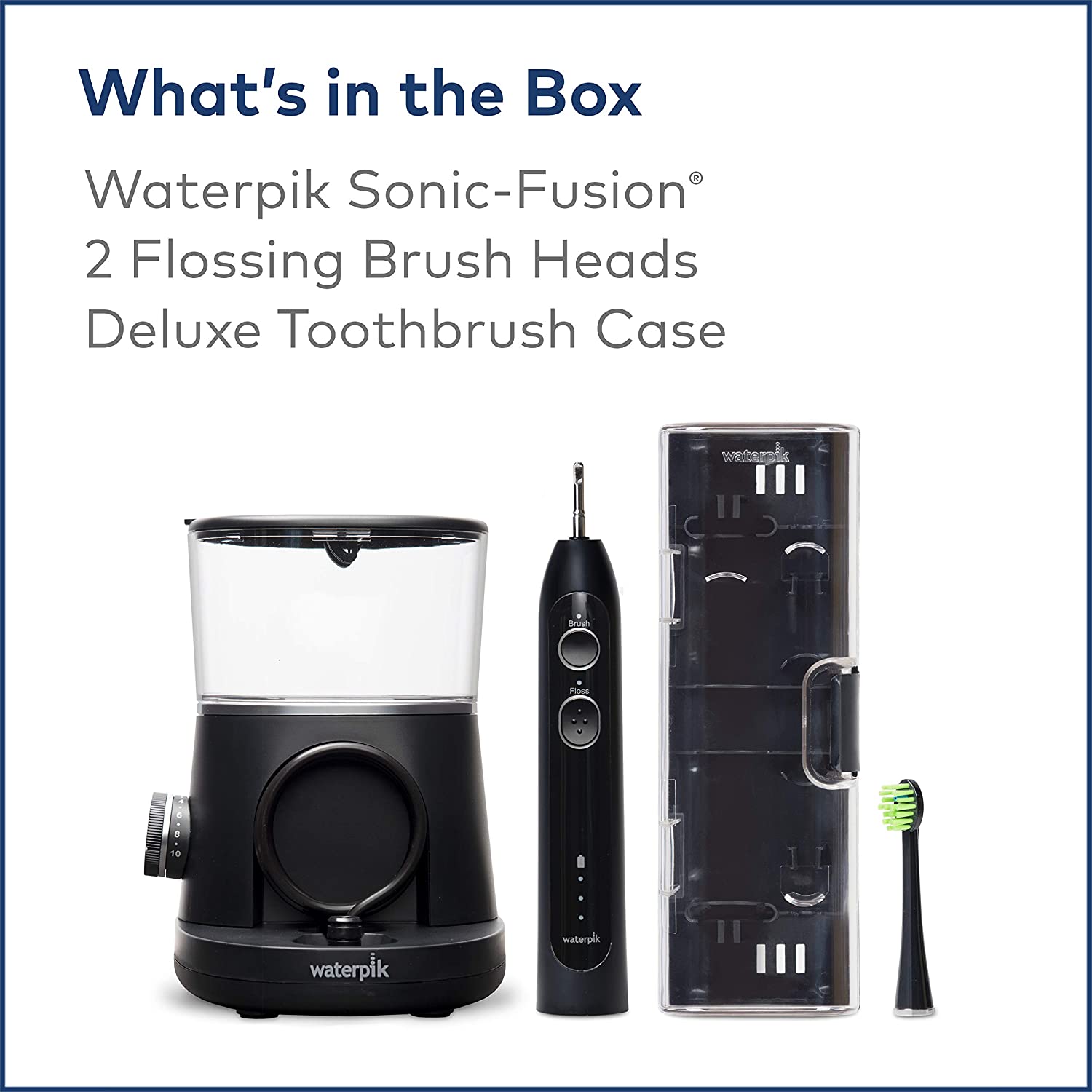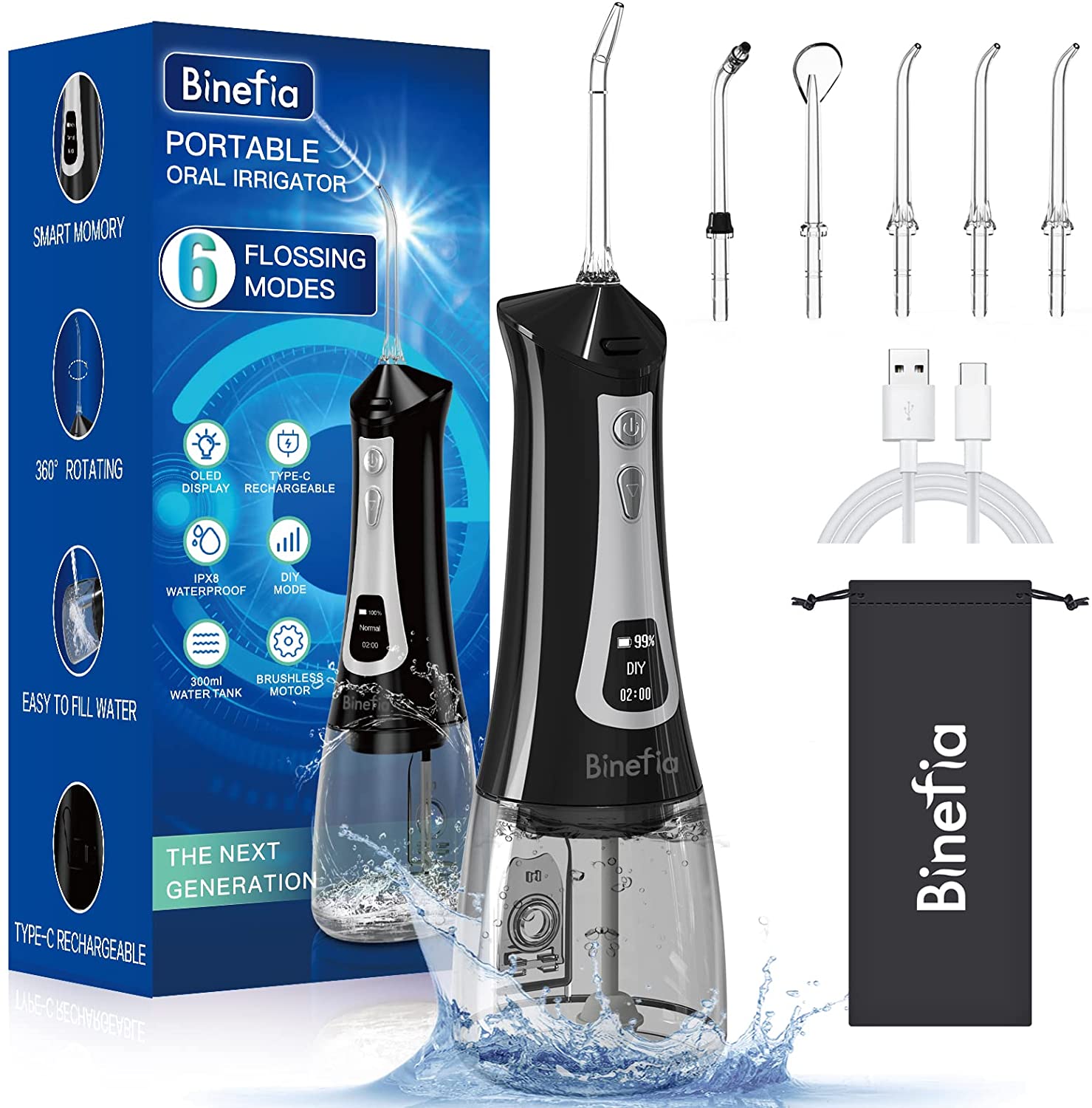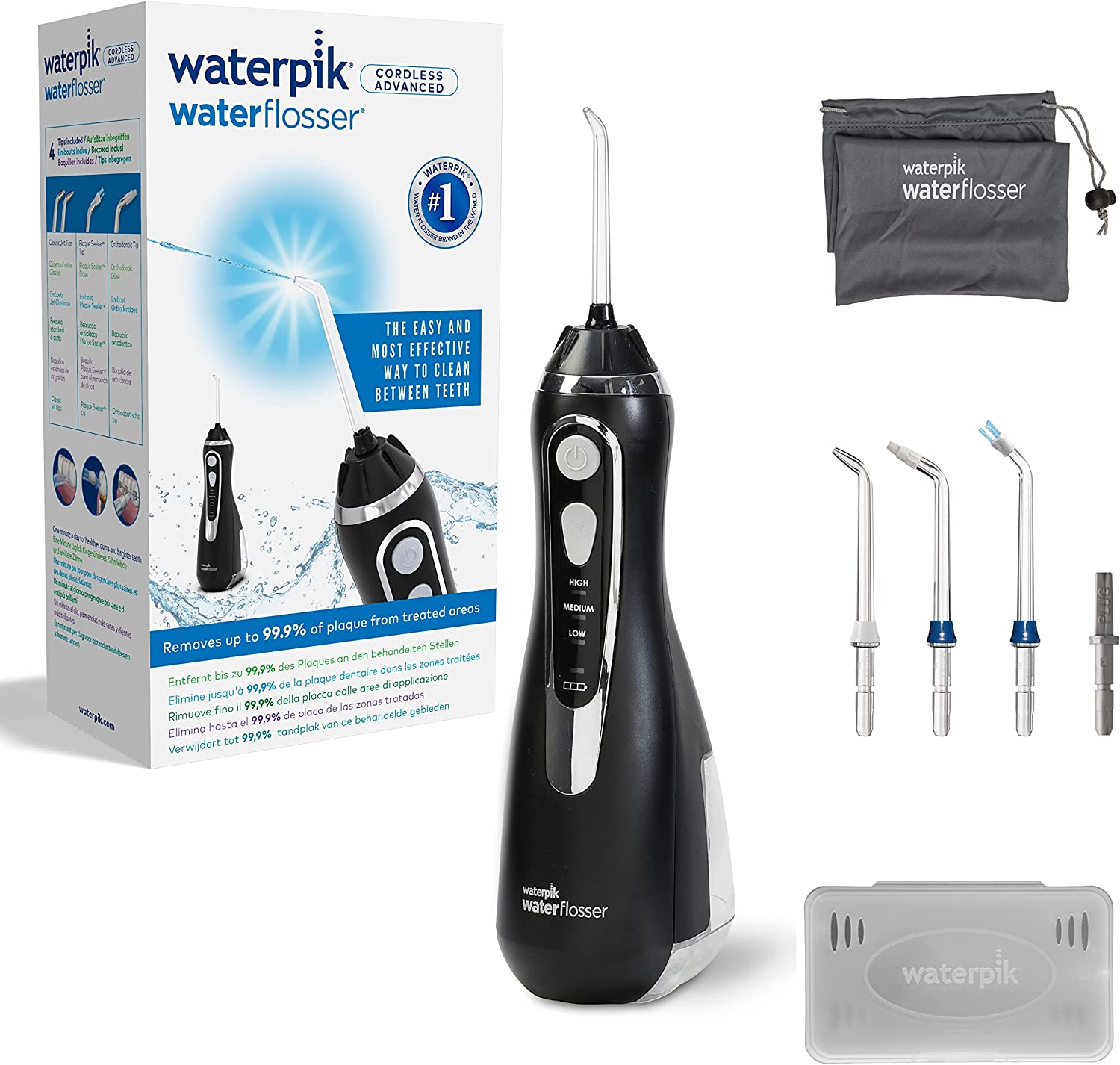Improve Your Oral Health
The Dental Irrigator removes plaque that lodges deep in the interdental space, and below the gums. The use of a toothbrush or dental floss is not enough to achieve the best oral hygiene, so we recommend that you purchase a good Oral Irrigator now.
Click on the following images to read the reviews of the most outstanding Oral Irrigators:
Best Water Flosser Reviews 2024
What is a Water Flosser?
Water flossers use a stream of pressurized water to clean between teeth and along the gum line. They have a small, nozzle-like tip that you place between your teeth, and a button that you press to release the water. Some water flossers also come with additional tips for specialized cleaning, such as for braces or implants.
Do dentists recommend water flossers? >
Advantages and disadvantages
Pros
- Effective at removing plaque and debris from between teeth and along the gum line, which can help to prevent gum disease and tooth decay.
- Esy to use and can be incorporated into your daily oral care routine quickly and easily.
- Use a gentle stream of water to clean the mouth, which can be less abrasive than traditional string floss.
- Can be more effective at cleaning around orthodontic appliances and other dental work than traditional string floss.
Cons
- Can be more expensive than traditional string floss.
- Need to be used near a sink or other source of water, which may not be convenient for people who are traveling or on the go.
- Some people find that traditional string floss is more effective at removing food particles that get stuck between teeth.
- Water flossers need to be refilled regularly, which can be inconvenient for some users.
What Type of Water Flosser should I buy?
The best irrigator is the one that suits your needs. To meet the different demand, manufacturers have created 2 main types of irrigators: desktop (powerful) and cordless (more comfortable to use).
Portable Water Flossers
Cordless dental flossers offer the flexibility of cleaning without the restrictions of cords. Unlike desktop models, they do not need to be connected to the electrical network, which makes them more versatile and convenient to use. They work with rechargeable batteries, and their design is usually more compact and ergonomic, allowing easy handling. Although they may have a smaller water reservoir, their freedom of movement makes them ideal for modern and efficient oral hygiene.
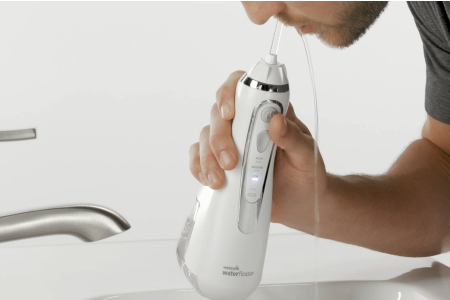
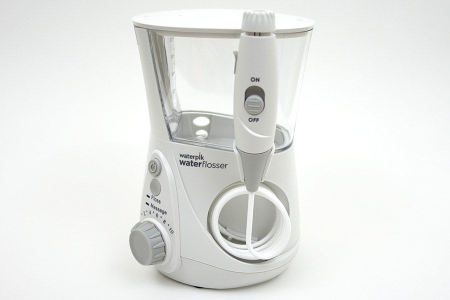
Electric Water Flosser
Tabletop dental irrigators are distinguished by their stationary design and larger water tank capacity. Unlike portable models, they offer multiple pressure settings and interchangeable nozzles, allowing for more precise cleaning tailored to individual needs. Their size and characteristics make them ideal for intensive and personalized use at home, offering complete and professional oral hygiene.
Frequently asked questions
How do I use a dental water flosser for teeth?
Dental irrigators can be used both before and after brushing and flossing. In both cases it will help to remove food debris in the most difficult areas.
- Fill the water tank with lukewarm water.
- Choose the appropriate tip for your needs.
- Lean over the sink and place the tip in your mouth.
- Turn on the water jet flosser and begin cleaning your teeth.
- Spit out the water and rinse your mouth with water when you’re finished.
- Repeat the process
How many times a day can the power floss be used?
It is recommended to use it after every meal, to ensure that it removes any debris and dirt that may remain on the teeth.
It is important not to use it for more than 5 minutes at a time, as this could damage the teeth.
Can I use a water flosser with braces or dental implants?
Yes, you can use a water flosser while wearing braces, in fact there are companies like Waterpik or Oral-B that prepare their water flossers to be used with braces.
If you have dental implants, you should select a water flosser that is not too powerful as the jet may damage the implants.
Just be sure to follow the manufacturer’s instructions for use, and consult with your orthodontist or dentist if you have any concerns.
Water jet flosser before or after brushing?
I would recommend to water floss before you brush your teeth. That way when you brush your teeth with the active ingredients, it’s going to stay in your mouth and it’s going to give you longer benefits from your toothpaste.
Tips to improve your dental health

Best Water Flossers for Tonsil Stones
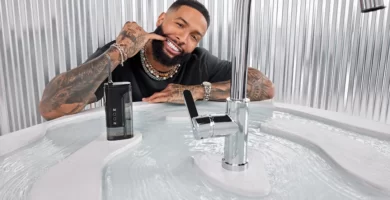
What is an Air Flosser?

How to Use a Water Flosser?
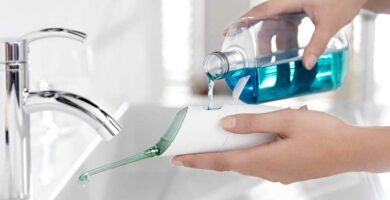
Can I put Listerine in my Waterpik?
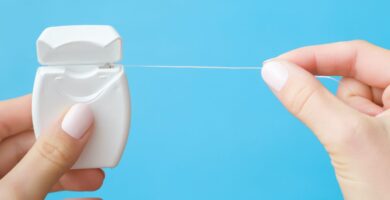
Which is better: String Floss or Water Flosser?
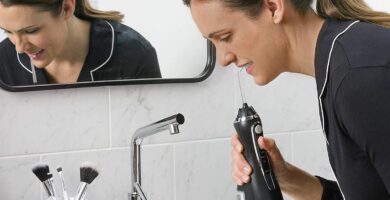
What is the difference between an air flosser and a water flosser?

Can Water Flossers Remove Tartar?
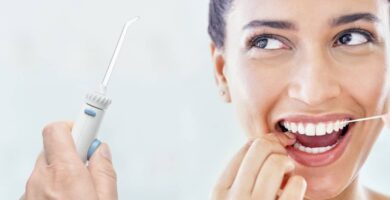
Do dentists recommend water flossers?

